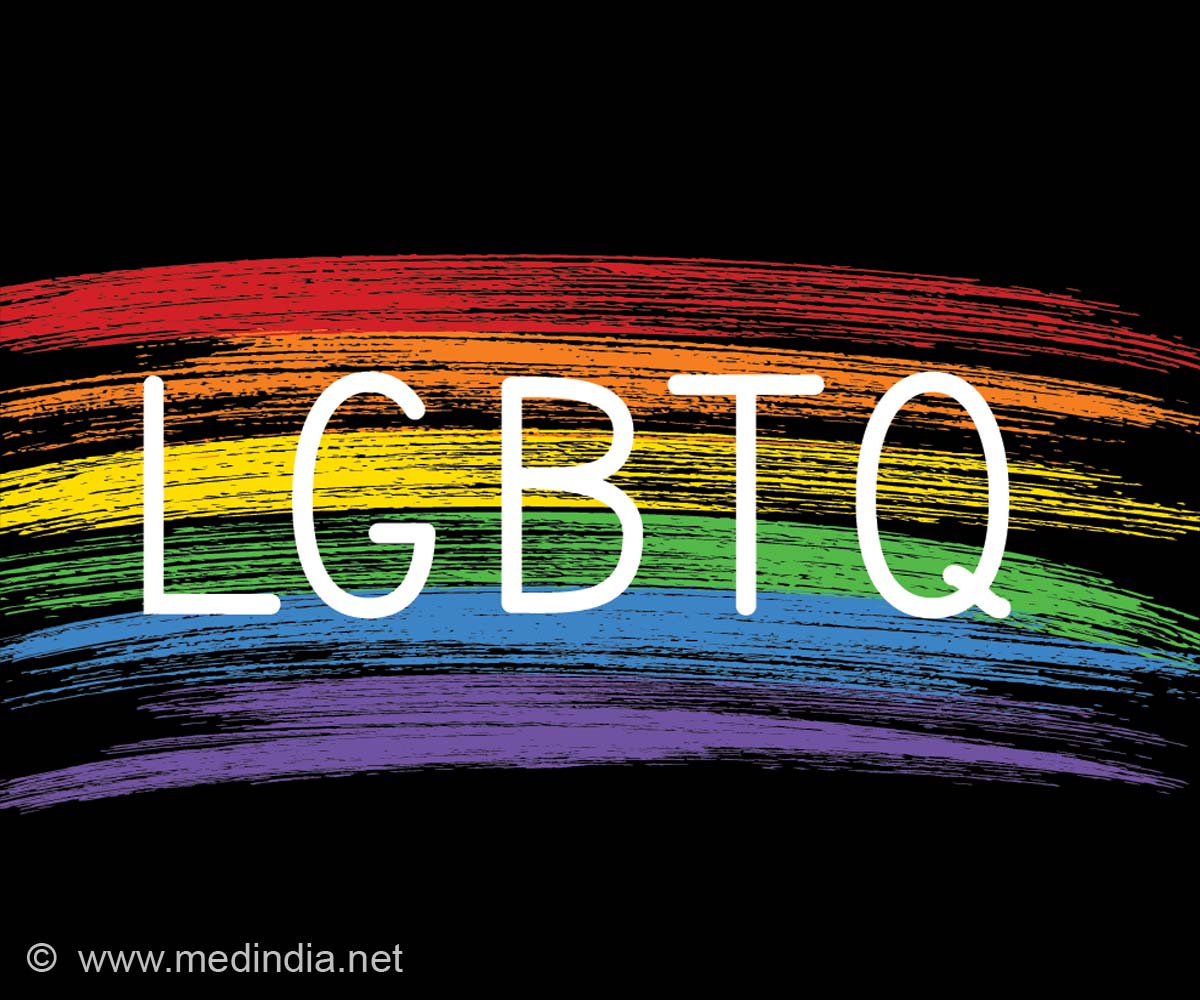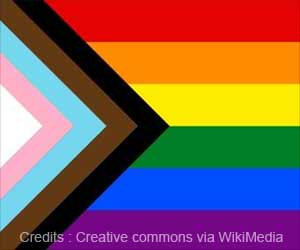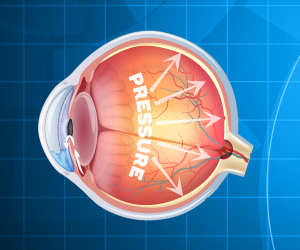Can negative news trigger suicidal thoughts in LGBTQ+ youth? Yes, identity-specific negative media can increase suicidal ideation intensity.

- LGBTQ+ youth are more vulnerable to suicidal thoughts after seeing identity-specific negative news
- General negative news doesn’t have the same impact on LGBTQ+ suicidal ideation
- Expectations of rejection play a key role in how negative news affects LGBTQ+ mental health
Real-Time Exposure to Negative News Media and Suicidal Ideation Intensity Among LGBTQ+ Young Adults
Go to source).
In today’s fast-paced, always-on media landscape, we often overlook the emotional toll it can take on our mental health- especially for those in marginalized communities. But let’s dive deeper into how negative media exposure might be affecting LGBTQ+ youth and what this means for their mental well-being.
LGBTQ+ young adults are more likely to experience suicidal thoughts right after reading negative news about their community- talk about the power of words! #lgbtqmentalhealth #supportlgbtqyouth #medindia’
What Happens After You Read Bad News?
We all know that media can affect us, but for LGBTQ+ young adults, the stakes might be much higher. According to the study, when these young adults were exposed to negative news about LGBTQ+ issues- whether it was about discrimination, hateful legislation, or violence- their suicidal thoughts (both active and passive) increased. Interestingly, this wasn’t the case with general bad news that wasn’t tied to their identity.This means that the kind of news you see matters, especially when it hits close to home. The study involved 31 LGBTQ+ young adults, and they reported how they felt three times a day for 28 days. That’s a lot of data! The results showed that immediately after seeing LGBTQ+ negative news, their SI intensity spiked, leading researchers to connect the dots between media exposure and mental health risks.
Why Does Gender Identity-Specific News Hit Harder?
Think about it this way: when you hear bad news that affects you personally, it’s like an emotional punch to the gut. For LGBTQ+ youth, seeing negative news related to their identity can increase feelings of rejection, isolation, and hopelessness. These emotions are fertile ground for thoughts of self-harm or suicide, especially when these individuals are already struggling with acceptance or dealing with mental health challenges like depression.One key factor that the study identified was expectations of rejection. When young LGBTQ+ adults were exposed to identity-specific negative news, their expectations of being rejected by society skyrocketed. This feeling of impending rejection acted as a mediator, making the link between the negative news and suicidal ideation even stronger.
Impact of Constant Negative Headlines
With news being accessible at the swipe of a finger, LGBTQ+ youth are constantly bombarded with harmful stories. Whether it’s on social media, in apps, or on news websites, the 24/7 news cycle means they can never fully escape the negativity. This study suggests that while media is a powerful tool for awareness and education, it can also have unintended consequences when the content is overwhelmingly negative.The study found that the increase in suicidal thoughts wasn’t huge, but it was significant. Even a small spike in SI intensity after reading one negative news headline should be enough to make us pause and reconsider how we consume and share media.
What Can be Done to Avoid the Effects of Negative Media?
As friends, family members, or even just concerned citizens, there are a few things we can do to help LGBTQ+ youth navigate the emotional turbulence caused by negative media:- Encourage media breaks: A break from the constant barrage of negative headlines can do wonders for mental health. Suggest that young LGBTQ+ individuals take time away from their phones or social media when they feel overwhelmed.
- Foster positive media consumption: Help them seek out uplifting or empowering LGBTQ+ content that reminds them of their value and worth. Not all news is bad news!
- Talk about the news: Sometimes, simply discussing what they’ve read can help process the emotions. It gives them a chance to express their feelings and gain perspective, rather than letting negative emotions fester.
Media Can Be a Double-Edged Sword
While media can inform and inspire, it can also harm. For LGBTQ+ youth, negative news tied to their identity can increase feelings of rejection and lead to a rise in suicidal thoughts. But with awareness and support, we can help shield them from the worst effects and empower them to navigate media mindfully.Reference:
- Real-Time Exposure to Negative News Media and Suicidal Ideation Intensity Among LGBTQ+ Young Adults - (https://jamanetwork.com/journals/jamapediatrics/article-abstract/2823467)
Source-Medindia







